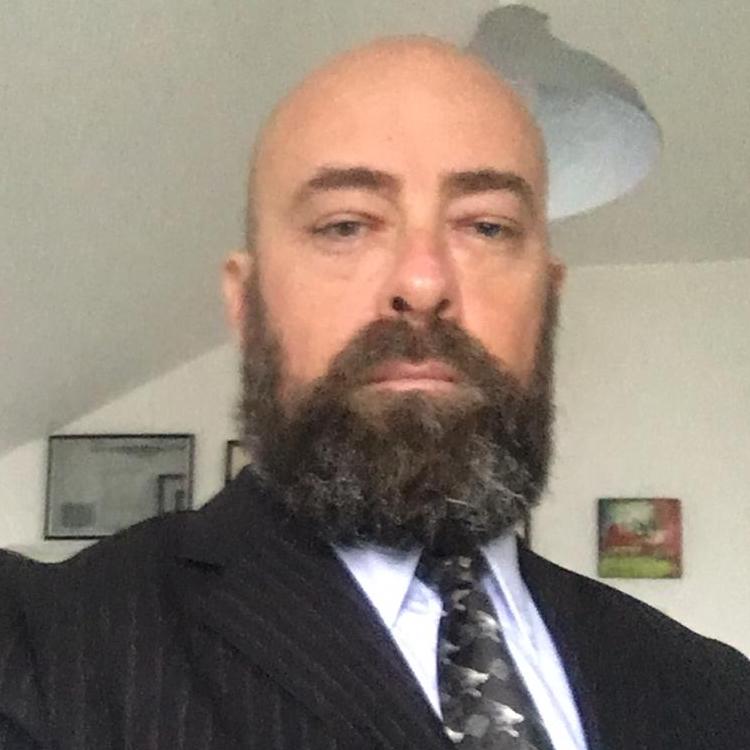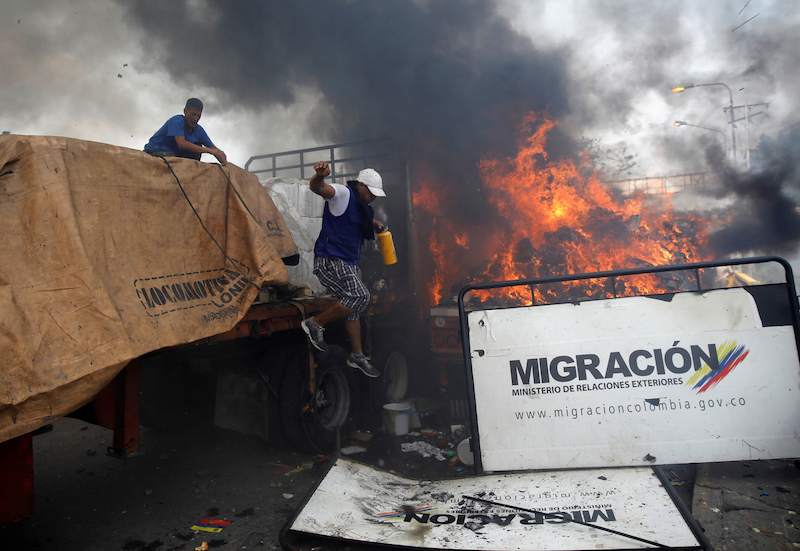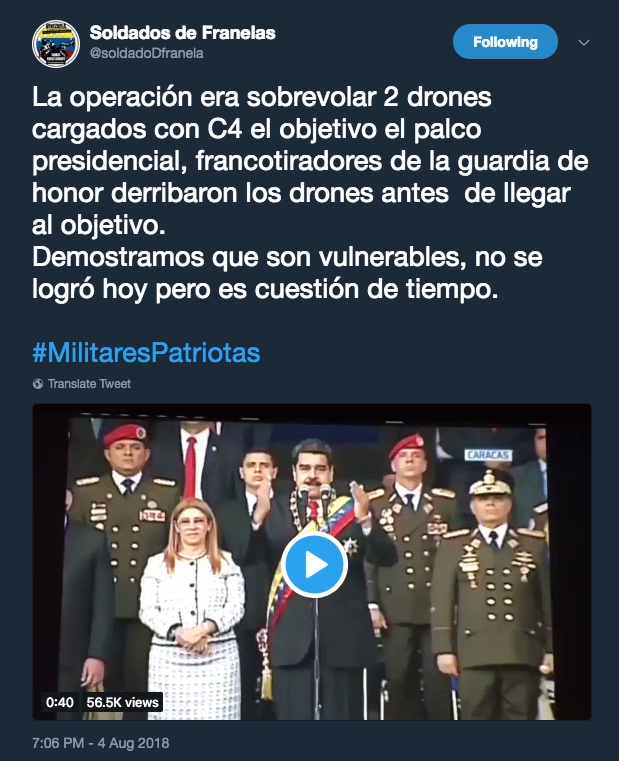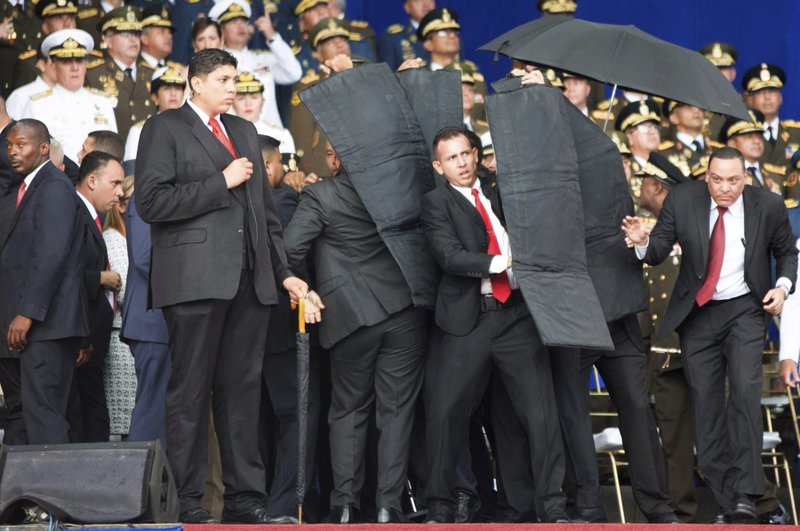The last few years in Latin American politics ushered in a wave of political upheavals from Chile to Honduras to Venezuela, and most recently Bolivia. Though the causes that sparked the manifestations differed across the hemisphere, Venezuelan involvement appears to be a common thread in the northern reaches of the continent. In a region that struggles to establish liberal democracies with fully-functioning economies, the socialist government in Caracas has an existential need to avoid isolation. It pursues this objective by destabilizing neighbors it views as ideological rivals and undermining the political opposition in socialist-leaning capitals. The governments of Ecuador and Colombia have both complained directly and repeatedly to the Maduro Administration about its meddling in political protests but their concerns have fallen on deaf ears. Despite crippling inflation and a contested political atmosphere, Caracas continues to see Latin America as a bad neighborhood to be managed.
Regional Problems
The complaints emanating from Colombia and Ecuador are a natural response to apparent Venezuelan meddling in their politics. During popular protests in Ecuador last month against suspension of fuel subsidies, President Lenin Moreno accused his predecessor, exiled former President Rafael Correa, of working with Venezuela to destabilize the Ecuadoran government. Specifically, Moreno accused Correa of “igniting” the protests using Venezuelan and Cuban agitators paid to fuel the protests. Indeed, many of those arrested were in fact, Venezuelan and Cuban, suggesting a more international conspiracy than a fuel-price hike would normally trigger. More ominously, the arrest of 17 Cuban and Venezuelan “spies” caught shadowing and photographing President Moreno’s convoy suggests those countries have a very high-risk tolerance for intervening in the affairs of their neighbors.
Colombia also has its concerns about Maduro’s political meddling. In an explosive speech to the United Nations General Assembly in September, Colombian president Iván Duque denounced Maduro for support to drug trafficking and transnational terrorism. In addition to having similar complaints about Venezuelan nationals sparking violence at protests, Duque was referring to the more sinister threat posed by thinly-veiled Venezuelan government support to ELN and dissident factions of FARC. According to documents leaked from the Bolivarian Intelligence Service (Sebín), and the Operational Strategic Command of the Bolivarian National Armed Forces (CEOFANB), there is a well-known and growing relationship between Venezuela’s armed forces and these groups. Among other things, the documents revealed the Venezuelan military supports the activities of Colombian guerillas it calls “red groups.” Trained by the military, these red groups can be directly integrated with ELN and FARC and can provide intelligence support to Venezuelan military planning for war with Colombia. One document addressed to the Sebín Director of Counterintelligence shows an ELN presence in nearly every state in Venezuela, a force the Colombian military believes to number 2000 guerillas.
Global Linkages Venezuela
Venezuelan meddling in the affairs of its neighbors is almost certainly not a new phenomenon. Maduro’s relationships with other irredentist regimes like Cuba, exacerbate the threat he presents to the region. His relationships with global powers Russia and China are a problem for the United States and therefore tied to issues of global imporance. The deployment of a People’s Liberation Army (Navy) hospital ship to Venezuela in early 2018 and Washington’s reaction to it illustrate this point. As troubling as a PLA(N) presence in the Caribbean may seem to the Pentagon however, Russia has far more robust economic and military interests in the stability of the Maduro regime.
Russian oil companies are a critical factor in preventing the slow collapse of productivity by Venezuela’s state oil company, PDVSA. Long the economic lifeline of the Maduro regime – and the Chavez regime before that – PDVSA’s decline, and Russia’s relationship with it, gives Moscow tremendous leverage over Maduro and his foreign policy. A Venezuela-friendly neighborhood is certainly good for Russia’s military sales program which had been at a low ebb after the April 2016 election of Pedro Pablo Kuczynski (PPK) in Peru and later Ivan Duque in Colombia. In PPK’s case, he set the conditions for corruption investigations associated with previous administrations’ purchase of Mikoyan fighter aircraft, Mil helicopters, and associated support packages. For his part, Duque demonstrated an early willingness to review the peace agreement with FARC, a move that threatened to reduce its influence and that of its Russian sponsor.
Hidden Hand
Apart from Venezuela, Moscow remains a primary supplier of hardware and expertise to Nicaragua and Cuba among others and uses those countries as enablers and staging areas for the conduct of active measures like those affecting Ecuador. According to a white paper released in May 2019,[1] “Russia seeks to undermine the consolidation of the region as a group of pro-U.S. states, and in the process, distract the U.S. and weaken its strategic position in the Western hemisphere.” Russia does this by propping up friendly regimes and manipulating the politics of others as part of its larger strategy.
As U.S. Senator Rick Scott said during an interview for Brazilian newspaper: Folha de S. Paulo, “Russia and China are in all Latin American countries, but not to help. They want to control.” In many ways, this is a replay of conditions seen during the Cold War when the Soviets used proxies to drive wedges between rival governments and indigenous or marginalized political groups. Many of those groups are still notoriously underserved by their governments and represent a tremendous potential for resistance. Venezuela, which exerts influence on all the countries around it, has both the political will to develop this potential and a well-developed capacity to do so. The ability to see Moscow’s hand behind Venezuela’s machinations however is not so clear. For its own reasons, the Maduro regime seems content acting as a Russian enabler in the region if not an outright proxy for Moscow’s interests. How long those roles remain unchanged in the face of Venezuela’s continuing decline is certainly something its neighbors will watch.
[1] Though this white paper, titled: “Russian Strategic Intentions”, is not an official publication of the U.S. Department of Defense, it is signed by the Deputy Commanding General of U.S. Army Training and Doctrine Command and includes chapters written by numerous U.S. Military and Intelligence Community officers writing in their official capacity.
 Dino Mora is an experienced Intelligence and Security Operations Specialist with a demonstrated history of working in the international affairs industry. His expertise includes Intelligence Analysis/Reporting, Counterintelligence, TESSOC threats, Tactical, operational and strategic Assessment/Planning, Counterinsurgency, Security Training & Team Leadership. He has extensive experience in NATO multinational operations and intelligence operations. Multilingual in Italian, English, and Spanish. He graduated from the Italian Military Academy.
Dino Mora is an experienced Intelligence and Security Operations Specialist with a demonstrated history of working in the international affairs industry. His expertise includes Intelligence Analysis/Reporting, Counterintelligence, TESSOC threats, Tactical, operational and strategic Assessment/Planning, Counterinsurgency, Security Training & Team Leadership. He has extensive experience in NATO multinational operations and intelligence operations. Multilingual in Italian, English, and Spanish. He graduated from the Italian Military Academy.








